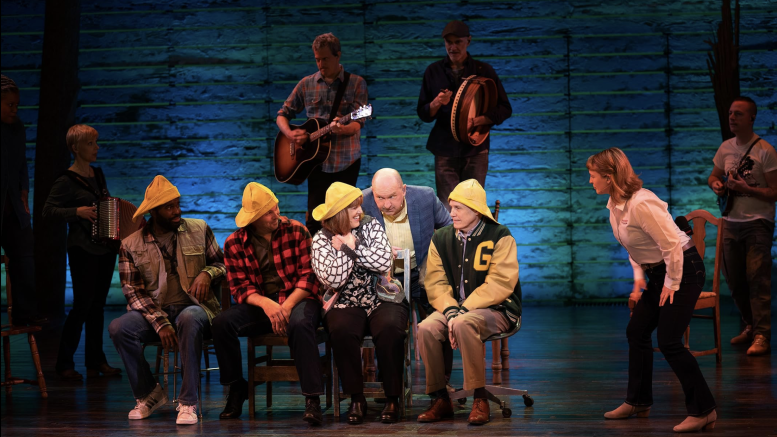9 /11 is one of the most devastating terrorist attacks to have ever happened in human history, according to the Pew Research Center.
On Sept. 11, 2001, the world stood still in shock as two planes crashed into the World Trade Center in New York City. Two more planes followed, one hitting the Pentagon and the other crashing in Pennsylvania. Nearly 3,000 people were killed and thousands more were injured. The attack had major implications on world politics, triggering the formation of the Global War on Terror — an anti-terrorist campaign. The world would never be the same again.
Immediately after the attacks, the U.S. closed its airspace and forced 38 passenger planes to land in Gander, Newfoundland. This left 7,000 confused and frightened passengers stranded in the small Canadian town, unaware of the magnitude of the events unfolding because few had cell phones at the time.
The people of Gander quickly sprang into action, offering food, shelter and comfort in a heart-warming moment of East Coast hospitality. Residents housed the “plane people” in churches, schools and even in their own homes. The message “lend a hand, do what you can” was broadcast on the local television channel to encourage residents to help those in need. The passengers were stunned by how welcoming these strangers were.
This story inspired Canadian playwrights Irene Sankoff and David Hein to create the award-winning musical Come From Away. Its title comes from a Newfoundland term for outsiders. The musical tells the true story of the 7,000 passengers from diverse backgrounds — ethnicities, sexualities and religions — finding refuge in rural Newfoundland after the deadliest terrorist attack in American history.
The production also incorporates elements of Newfoundland culture, from the local dialect to a ritual with codfish, all set to the sounds of traditional instruments like the accordion, whistle and fiddle. The production was thoroughly Canadian too, and I loved how the show started and ended in the most Canadian setting conceivable — Timmies, formally known as Tim Hortons.
I did not know what to expect when I sat down in the concert hall on a Sunday evening, but I left feeling impressed and moved by how well the production conveyed the complexity of the situation. How do you process the fact that thousands of people in your country have been killed by terrorists while you are stranded thousands of kilometres away in Newfoundland?
The characters felt relatable, like people you would meet in everyday life, but they sang beautifully of grief, loss and newfound love in Gander. Some musical numbers left the audience so captivated and silent, it felt as though the world itself had paused.
At the same time, the show was also punctuated by bits of witty, sitcom humour that made everyone clap and roar with laughter. One could say watching the musical was a roller coaster of emotions, and the cast received a standing ovation at the end.
Come From Away poignantly showcases heavy themes such as prejudice and discrimination, particularly against Muslims in the context of 9/11. At the same time, it is a story of resilience and hope. It reminds us of the need to care for one another in times of crisis despite our differences — just as the passengers and Newfoundlanders did.
The story of the 7,000 passengers in Newfoundland is proof that one thing that makes us human, is compassion.
In a world filled with constant news of conflict, war and death, Come From Away offers a reminder that moments of humanity still shine through the darkness. Perhaps it is time we learn from the Newfoundlanders and seek out those moments more often.



